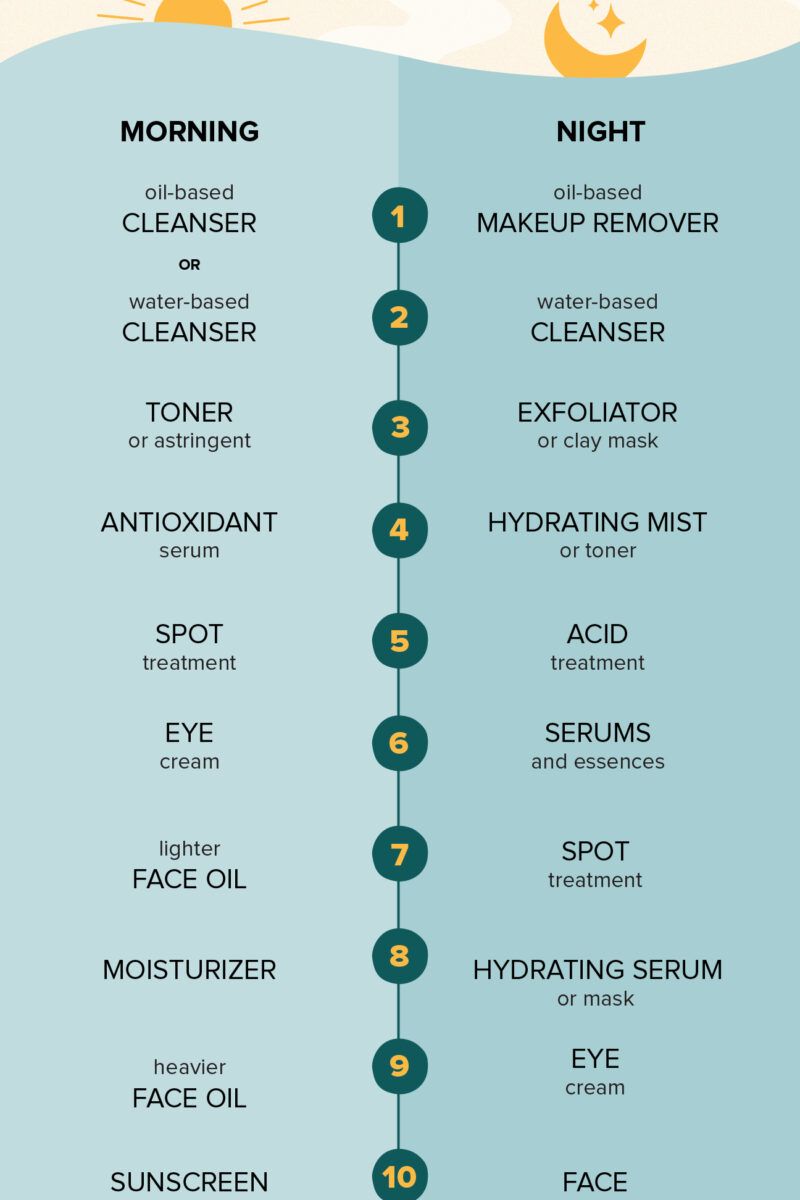The Ultimate Guide to Facial Cleansers for Dry Skin: Gentle, Hydrating & Nourishing Solutions
Estimated Reading Time
8 minutes
Key Takeaways
- Understand the importance of gentle cleansing for dry skin.
- Learn which ingredients to seek and which to avoid.
- Discover expert-recommended facial cleanser options.
- Embrace best practices to maintain skin hydration.
- Review frequently asked questions on daily cleansing routines.
Table of Contents
- Understanding Dry Skin & Its Cleansing Needs
- Key Ingredients to Look For in Facial Cleansers for Dry Skin
- Best Types of Cleansers for Dry Skin
- Expert-Recommended Facial Cleansers for Dry Skin
- Cleansing Best Practices for Dry Skin
- Conclusion
- FAQ
Understanding Dry Skin & Its Cleansing Needs
For those with dry skin, finding a facial cleanser that doesn't strip away your skin's delicate moisture balance can be a never-ending struggle. Choosing the right cleanser becomes not just an aspect of your skincare routine but a critical step in maintaining hydration levels and promoting a healthy complexion. It's about managing the impact of specific ingredients and practising effective cleansing methods that foster soft, nourished skin (Source: CeraVe, Dermstore).
Dry skin, characterised by flakiness, irritation, and a tight, uncomfortable feeling, poses unique challenges when cleansing. Traditional cleansers often incorporate harsh surfactants or sulfates, leaving you with a squeaky-clean feeling that strips away your natural oils—an essential part of your skin’s barrier.
Contrarily, gentle, hydrating, and emollient cleansers work to cleanse effectively, minimise the removal of essential oils, and aid dry skin in retaining much-needed moisture. Look for products with ingredients such as ceramides, hyaluronic acid, and natural oils. These not only remove dirt and impurities but also reinforce your skin’s barrier (Source: CeraVe).
Key Ingredients to Look For in Facial Cleansers for Dry Skin
When shopping for dry skin-friendly cleansers, keep an eye out for:
- Coconut milk: Known for its hydrating properties, offering a gentle, nourishing cleanse.
- Stone crop: A succulent plant offering hydrating and soothing properties, often featured in cleansing oils.
- Oil-based formulations: These gently remove impurities while preserving your skin's moisture balance.
- Emollients and hydration boosters: Ingredients that smooth and replenish your skin’s moisture.
Avoid ingredients such as sulfates and high alcohol content which may lead to further dryness (Source: CeraVe).
Best Types of Cleansers for Dry Skin
Navigating the skincare market can be overwhelming. Here are some categories of cleansers ideal for dry skin:
- Hydrating face wash formulas: Containing humectants to attract and retain moisture, perfect for everyday use.
- Creamy cleanser: Nourishes while preserving skin moisture, excellent for sensitive skin.
- Gentle cleanser: Minimises irritation and maintains the barrier integrity.
- Oil-based facial cleanser: Replenishes essential lipids and gently dissolves makeup and impurities.
- Emollient cleanser: Packed with moisture-sealing ingredients, ideal for rough, flaky, or damaged skin.
Each cleanser type offers unique advantages tailored to different skin needs (Source: CeraVe, Dermstore).
Expert-Recommended Facial Cleansers for Dry Skin
Personalized facial cleansers are trending, and dry skin cleansers are no exception. Experts recommend products like those from Eminence Organics and formulations featuring stone crop.
From the Eminence Organics range, the stone crop cleansing oil, coconut milk cleanser, and sulfate-free face wash stand out. These products not only cleanse gently and nourish, but they also leave you with a fresh, healthy complexion.
As one expert puts it, "Staying gentle and hydrated is key!"
Cleansing Best Practices for Dry Skin
In addition to selecting the right cleanser, follow these best practices:
- Always use lukewarm water and avoid scrubbing harshly.
- Rinse thoroughly yet gently, patting your skin dry with a soft towel.
- Immediately follow cleansing with a rich moisturiser to lock in hydration.
- Cleanse twice daily—or once if your skin is less exposed to dirt and sweat.
- Avoid extended cleansing or harsh exfoliants unless advised by your dermatologist (Source: CeraVe).
Conclusion
Navigating the world of facial cleansers for dry skin is all about balance. The right cleanser removes dirt, oils, and impurities without stripping away essential moisture.
Remember to consider the ingredients, formulation, and your unique skin needs. Opt for products rich in skin-loving ingredients such as ceramides, hyaluronic acid, and emollients while avoiding harmful components like sulfates and high-alcohol content.
Above all, let your skin's health guide your choices and consult a dermatologist for personalized advice if needed (Source: CeraVe, Dermstore).
Thank you for joining us on this guide. May your skin always stay hydrated, healthy, and glowing!
FAQ
-
Can I use an oil-based cleanser daily?
Absolutely! Oil-based facial cleansers are safe for daily use—especially for dry or mature skin—as they gently remove makeup and impurities without stripping essential lipids (Source: CeraVe).
-
How often should I cleanse my face with dry skin?
Ideally, cleanse twice a day—morning and night—to remove build-up of dirt, oil, or makeup. However, if your skin is extremely dry, cleansing once at night with a gentle morning rinse might be sufficient (Source: CeraVe, Dermstore).
-
What’s the difference between hydrating and creamy cleansers?
Hydrating cleansers typically include humectants like hyaluronic acid to lock in moisture, while creamy cleansers focus on nourishing with emollients and natural oils. Both are beneficial but serve different roles in your skincare routine (Source: Dermstore).
-
Can a facial cleanser be too gentle?
A cleanser should effectively remove dirt, oil, and makeup. If it’s too gentle, it may leave impurities behind, potentially clogging pores. Even for dry skin, your cleanser should clean without leaving the skin feeling tight or overly dry.
-
What ingredients should I avoid in facial cleansers for dry skin?
It's best to avoid harsh ingredients like sulfates (such as SLS and SLES), high alcohol content, and artificial fragrances or dyes that can trigger irritation and exacerbate dryness (Source: CeraVe).
-
Are foam cleansers bad for dry skin?
Foaming cleansers produce a rich lather to eliminate oils and dirt, but they can sometimes strip too much moisture. Some are formulated specifically for dry skin, so check the product's formulation carefully.
-
If I have dry skin, should I cleanse less frequently?
Over-cleansing can dry out your skin, yet under-cleansing might lead to buildup of impurities. Generally, cleansing once in the morning (or a gentle rinse) and at night is recommended.





